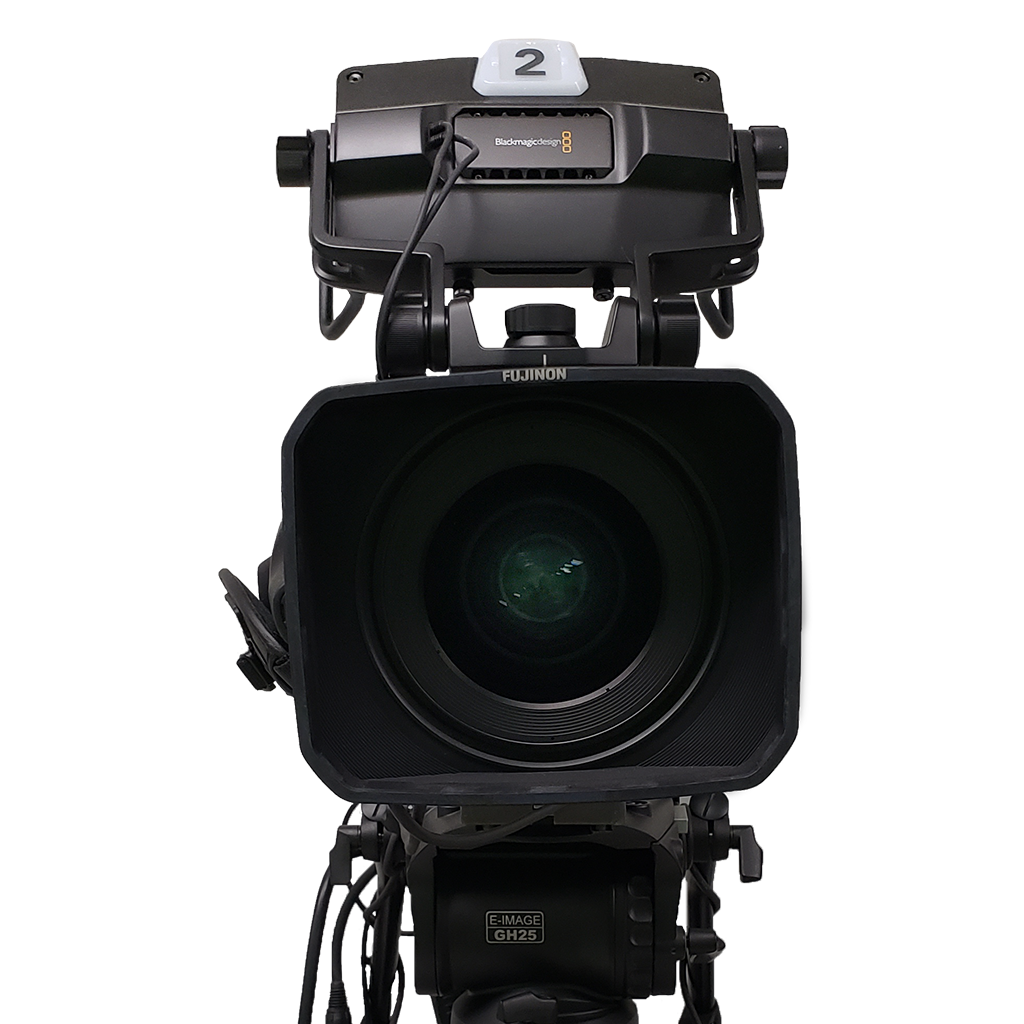Unless you are the mountain man cut off from technology prepping for doomsday, you have probably heard of the term HD or High Definition when it comes to television. The buzzword this year? Ultra HD or 4k. When you start reading video magazines as many of us enjoy doing (Nerd Alert!!), you may have seen a whole bunch of other numbers, 5K, 6K, and now, 8K. Well OK then! I get so many people asking if we are upgrading the latest formats because that what the latest and greatest is. Wow, where to start. I know! How about from the basics?
Here’s the reality.
All broadcast channels are either in Standard Definition (720480 pixels) or High Definition (19201080 pixels). Currently, there is no broadcast capability for 4K.
So why have it?
What most people don’t realize is that 4K and higher shooting formats are used for purposes of editing, where you may need to zoom in on an image without any resolution loss. Yes, the higher number equals more pixels. For example, 4K means your pixel resolution is 4,000 pixels across your TV screen. (Want me to be confusing? It’s technically 3,840 pixels across, but its rounded for simplicity.)
So many times I see people get caught up in tech talk. The high number is better, right? Well, yes, technically, but to an extent. The higher number just means that the image can hold more pixels, but often, the processing power it takes to render and playback this level of data smoothly comes at a price. Many people use more compression to help keep the file size down. This is the important thing to remember. When you have more compression in your image, it will appear blocky. No one wants to see an 8K image where you can’t even distinguish it. This is the problem with the higher formats. You want less compression and to be in the format you are going to output to. Well, maybe a little higher resolution so you have room in editing for fixing shots, etc., but don’t be bogged down by resolutions and all that junk.
The takeaway? Keep it simple! Focus on your shots. Focus on making sure you film correctly the first time. Mastering in HD video is clean, rewarding, and you will be very happy with the result. Most people that remember the basics are focused on the storytelling, the framing, the acting, the visuals, not the resolution. I would rather watch something filmed in Standard Definition that has amazing content and is professionally produced than watching something that has an 8K resolution by some beginner with nice gear and no coherent story.
Remember the basics everyone. Start with that, then we worry about resolution! OK?


